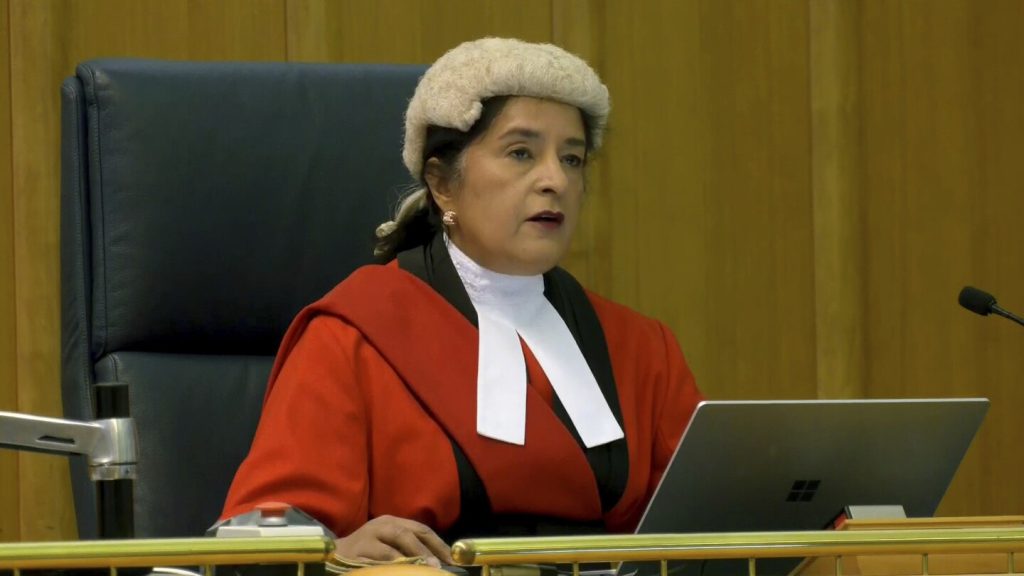Alid, a Moroccan asylum-seeker in the UK, was sentenced to at least 45 years in prison for stabbing a British retiree to death in a terrorist act. The attack, which took place in the town of Hartlepool, was carried out in revenge for Israel’s war against Hamas. Alid claimed that he killed 70-year-old Terence Carney because of the deaths of innocent children in Gaza by Israeli forces. He also attacked his housemate, Iranian asylum-seeker Javed Nouri, before encountering Carney and stabbing him six times.
During his trial, Alid denied the charges against him but was found guilty by a jury of murder, attempted murder, and assaulting police officers. The judge, Bobbie Cheema-Grubb, condemned Alid’s actions as a terrorist act aimed at influencing the British government and instilling fear in the public. She sentenced him to life in prison with no chance of parole for 45 years, citing his lack of remorse or pity for his victims. Carney’s wife, Patricia, expressed the pain and suffering she endured after her husband’s murder, stating that she could no longer visit certain places in town due to the traumatic memories.
Nouri, who survived the attack, spoke out about the impact it had on his sense of safety, especially as a convert to Christianity. He expressed disbelief that his religious beliefs could lead to such violence and questioned how someone could destroy lives based on their faith. The prosecution revealed that Alid had claimed he would have killed more victims if he had access to additional weapons, showcasing the extent of his violent intentions. The court heard how Alid’s actions had far-reaching consequences beyond the immediate victims, causing distress and fear within the community.
The sentencing of Alid highlighted the severity of his crime and the underlying motivations behind the attack. The judge emphasized the need for justice and accountability in the face of such acts of terrorism. The impact on the victims, their families, and the wider community was evident in their statements, reflecting the deep emotional scars left by the violence. The case served as a reminder of the ongoing tensions and conflicts that can lead to tragic incidents like this, underscoring the importance of addressing root causes and promoting understanding and tolerance in society.
As the news of Alid’s sentencing spread, it reignited discussions about extremism, radicalization, and the targeting of vulnerable individuals in the name of political or religious ideologies. The case served as a warning against the dangers of hate-fueled violence and the need for vigilance in preventing such acts from occurring in the future. The British government’s response to the incident was also scrutinized, with calls for increased security measures and support for communities affected by terrorism. Overall, the case highlighted the complex challenges facing society in combating extremism and maintaining peace and security for all its members.


